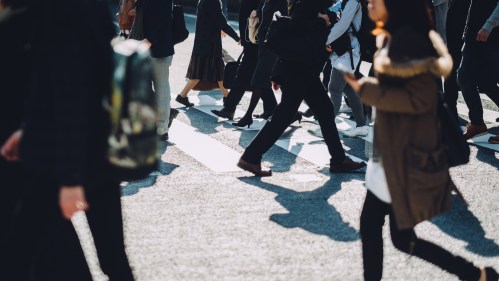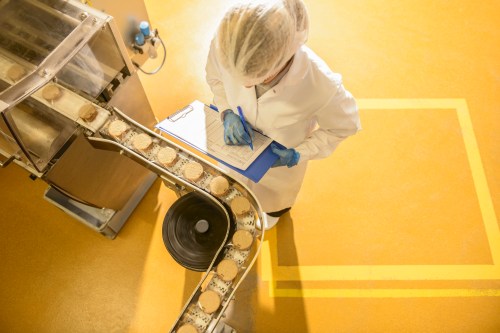Earlier this week, the New York Times reported that scientists and public health officials have reached consensus on herd immunity against COVID-19 in the United States; it’s unlikely to happen anytime soon, if ever, thanks to vaccine hesitancy, too-slow vaccination programs, and virus mutation.
Experts in This Article
professor of medicine and epidemiology at UCLA
The concept of herd immunity gained recognition almost as soon as the pandemic began. It refers to the point at which enough people within a community (country, state, city, etc.) have acquired immunity to an infection disease—either through infection or vaccination—that the disease’s spread among that population becomes unlikely. With respect to what percentage of the population needs to gain immunity in order to achieve herd immunity, most estimates fall between 60 to 90 percent.
While the news that this milestone isn’t within reach may seem alarming—and could have you wondering if your shot was all for naught—it’s not actually as discouraging as you may think.
For starters, Timothy Brewer, MD, professor of medicine and epidemiology at UCLA, isn’t convinced we won’t reach herd immunity. He notes that some states, like California, are actually on a good trajectory. Around 40 percent of the state’s population has been vaccinated, and an additional 20 percent have antibodies as a result of actual infection. “About 60 percent of the California population has probably been exposed to the SARS-CoV-2 virus either through having had disease before or having been vaccinated,” he says. “[California] may be progressing toward that point where we’re starting to see something like herd immunity.”
Of course, herd immunity in California does not equate to herd immunity throughout the United States, which, Dr. Brewer agrees, is a less realistic goal. Where a state or community is at in terms of its collective level of protection depends on vaccination and infection rates in that particular region.
Still, Dr. Brewer explains that failing to reach herd immunity doesn’t affect the individual protection of a vaccinated person much at all. The two mRNA vaccines—Moderna and Pfizer BioNTech—have an efficacy rate of 95 percent, which means that if you’ve received your full two-dose regimen, there is only a five percent chance (on average) that you will get infected if exposed to the virus. Those numbers don’t change, regardless of herd immunity. So if you got the shot, congratulations—you are 95 percent less likely to get infected with COVID-19 than someone who has not been inoculated.
Listen to a biochemist explain how vaccines work:
Herd immunity, then, only affects what happens to that 5 percent of people who are going to get infected from exposure regardless of whether or not they’re vaccinated. “If you’re a vaccinated person in a low-transmission situation like California at the moment, then your chance of being exposed is low and so you’re unlikely to become infected because you’re not being exposed to anyone who could potentially transmit to you,” explains Dr. Brewer. “Whereas if you’re in Michigan right now, which has the highest rates in the country at the moment, you’re more likely to be exposed to someone who has COVID-19. So, if you are unfortunately in that 5 percent, then you’re more likely to get sick.”
In other words, the background transmission rate—or how much virus is spreading at any given time—is only meaningful for vaccinated people in that it means they have a higher or lower chance of getting infected if they’re one of the unlucky 5 percent for whom the vaccine doesn’t prevent infection. “If you’re never exposed, then the 5 percent is irrelevant,” says Dr. Brewer.
Despite the fact that the United States (and the wider world, too) is unlikely to reach herd immunity, you should still get vaccinated—both because it still offers you a 95 percent chance of total protection and because if you are one of the unlucky few to get infected after vaccination, you’re still less likely to experience serious disease, hospitalization, or death from that infection than someone who shunned the vaccine. “Even if at the population level, we’re not totally protected, there’s still value in protecting people at the individual level,” Dr. Brewer says. “Vaccines will still do that.”
Sign Up for Our Daily Newsletter
Get all the latest in wellness, trends, food, fitness, beauty, and more delivered right to your inbox.
Got it, you've been added to our email list.










